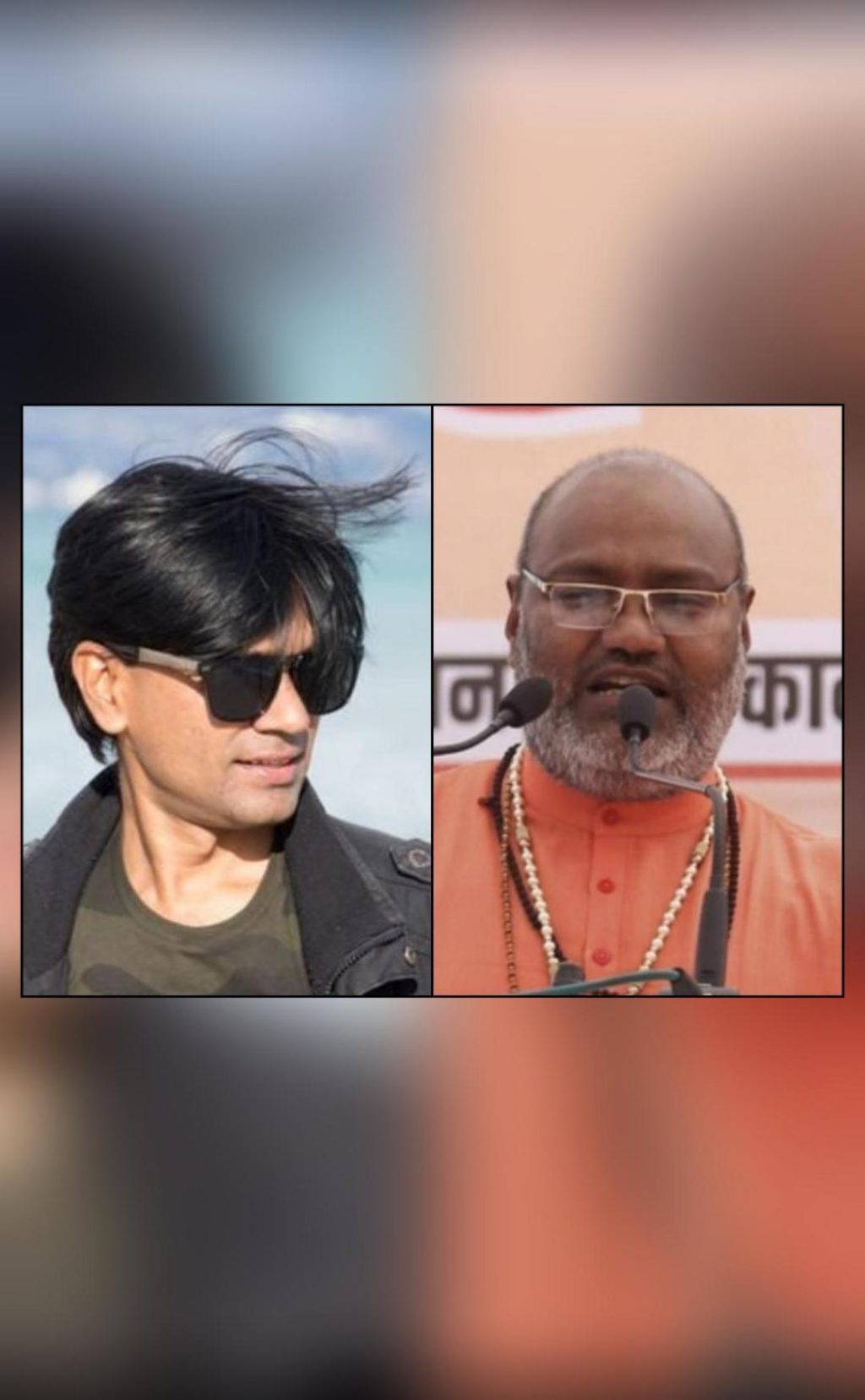
HC Stays Zubair’s Arrest in Narsinghanand Case, Refuses to Quash FIR
The Allahabad High Court has delivered a split verdict in the case against Alt News co-founder Mohammed Zubair, who was booked for a tweet related to seer Yati Narsinghanand’s speech. While the court granted Zubair protection from arrest until the completion of the investigation, it refused to quash the FIR (First Information Report) against him.
Zubair was arrested by the UP Police last month for allegedly spreading communal hatred through his tweet. The FIR was registered against him under various sections of the Indian Penal Code (IPC) and the Information Technology Act.
The High Court’s decision came on a petition filed by Zubair, seeking quashing of the FIR and protection from arrest. However, the court refused to quash the FIR, stating that a fair investigation was necessary into the matter.
“We are of the opinion that the FIR registered against the petitioner (Zubair) is not malicious or vexatious, but prima facie discloses the commission of an offence,” the court said. “However, we also consider it necessary to protect the petitioner from arrest until the completion of the investigation, as the investigation is still in its initial stages.”
The court’s order means that Zubair will not be arrested until the completion of the investigation, but the FIR against him will not be quashed. This means that the investigation will continue, and Zubair will be required to cooperate with the authorities.
The case against Zubair was registered after Narsinghanand, a priest from Uttar Pradesh, made a controversial speech in which he allegedly made derogatory remarks against the Prophet Muhammad. Zubair had shared a clip of the speech on his social media handle, sparking widespread outrage and condemnation.
The UP Police had arrested Zubair on June 27 for allegedly spreading communal hatred through his tweet. Zubair was booked under sections 153A (promoting enmity between different groups), 295A (deliberate and malicious acts intended to outrage religious feelings), and 500 (punishment for defamation) of the IPC, as well as sections 66F (cyber terrorism) and 67 of the Information Technology Act.
The Allahabad High Court’s decision has sparked controversy, with many questioning the motives behind the FIR against Zubair. Critics have argued that the FIR is an attempt to silence Zubair and stifle freedom of speech.
“This is a clear attempt to silence Zubair and stifle freedom of speech,” said a senior journalist. “The FIR is baseless and aimed at intimidating Zubair. The High Court’s decision to grant him protection from arrest is a welcome step, but the FIR should be quashed immediately.”
Others have argued that the FIR is necessary to maintain law and order in the country.
“The FIR is necessary to maintain law and order in the country,” said a government official. “Zubair’s tweet was inflammatory and had the potential to spark communal violence. The FIR is a necessary step to prevent such incidents from happening in the future.”
The Allahabad High Court’s decision is the latest development in a long-standing controversy surrounding Zubair and his social media handles. Zubair has been a vocal critic of communalism and has consistently spoken out against hate speech and religious intolerance.
Zubair’s case has sparked widespread debate and controversy, with many questioning the motives behind the FIR against him. While some have argued that the FIR is necessary to maintain law and order, others have criticized it as an attempt to silence Zubair and stifle freedom of speech.
As the investigation continues, it remains to be seen how the case against Zubair will unfold. One thing is certain, however – the Allahabad High Court’s decision has sparked a heated debate about the limits of free speech and the responsibility of social media users to promote tolerance and understanding.
Source:






